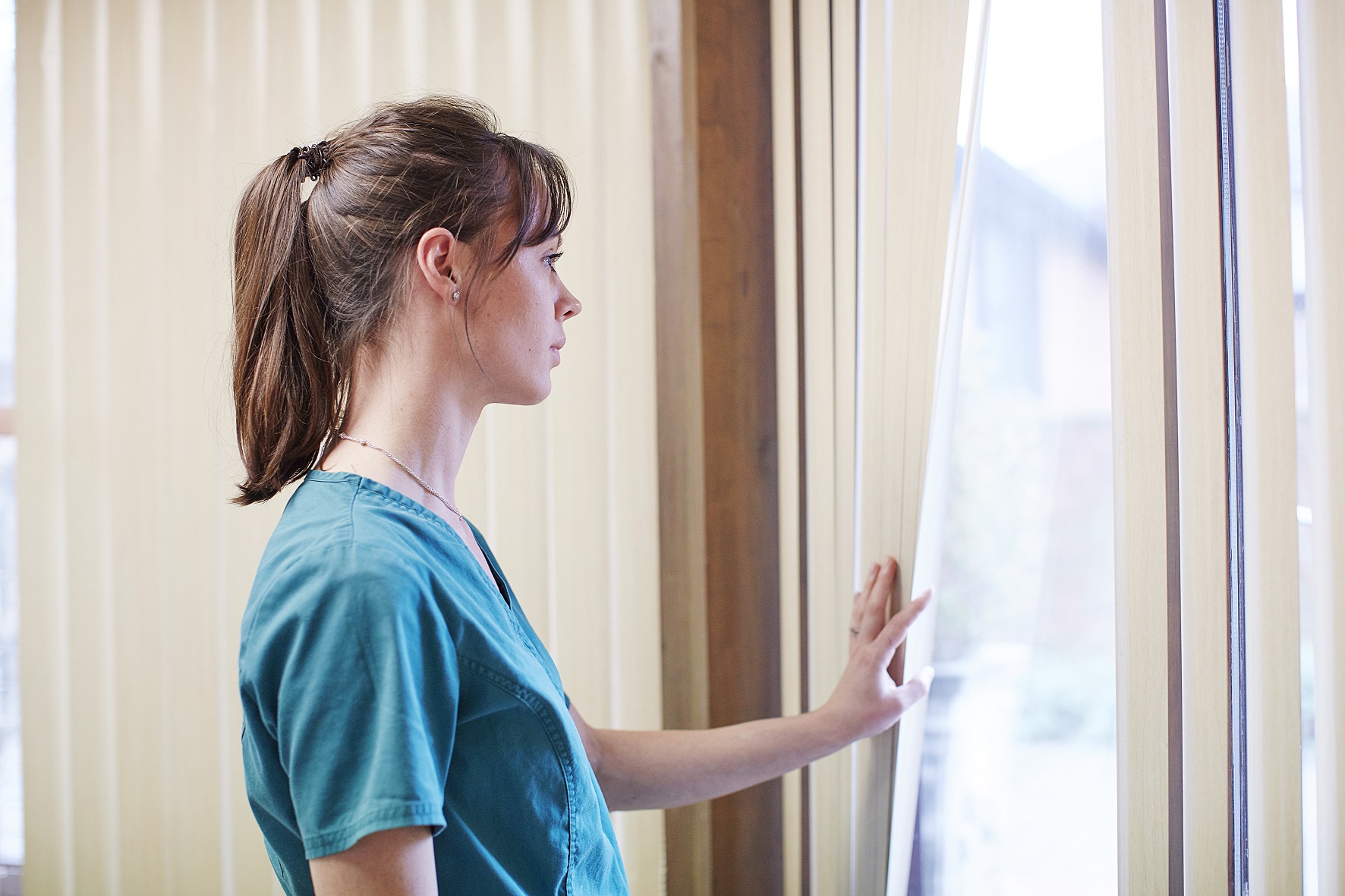 In a year where there has been so much focus on keeping a distance from others, it’s not surprising many of us have felt lonely. People outside our professions often don’t associate veterinary professionals and loneliness. But especially this year, it’s something we need to pay attention to.
In a year where there has been so much focus on keeping a distance from others, it’s not surprising many of us have felt lonely. People outside our professions often don’t associate veterinary professionals and loneliness. But especially this year, it’s something we need to pay attention to.
Listen to veterinary professionals for long and you’ll start to hear people feeling like they don’t belong, as though are imposters, or outsiders. There are lots of reasons vet professionals can feel this way, and it’s important we listen to all of them. Experiences of loneliness, self-doubt, and discrimination can all play a part.
Loneliness can be a difficult thing to talk about. Many professionals who experience loneliness feel embarrassed or guilty. Connection and care are fundamental human needs but can be difficult to acknowledge for professionals so used to devoting care and kindness to others, and less to themselves.
Some studies have highlighted particular difficulties with loneliness in older and younger people during COVID1,2, but loneliness can affect all age groups, and research during the pandemic suggests working age adults are experiencing loneliness too3. People who are lonely are more likely to experience mental health problems including depression, anxiety, and insomnia1,2,3,4. It can also be a two-way relationship as mental health problems can also make people more vulnerable to loneliness. In UK research studies during COVID many people with mental health problems have experienced a decrease in their mental health during the pandemic3. We know that the mental health of young people (aged 18-29), women, people with socioeconomic disadvantage, and those of us with pre-existing mental health problems can be particularly affected during disease outbreaks and may need focussed support3.
Long term loneliness can be particularly difficult for our mental health4. Although many of us have made great efforts to stay in touch online through this year, people have also become fatigued. And the transactional nature of an online meeting may not always have the same support benefits as a catch up and chance to decompress in a break room at work, or to debrief a difficult case with a colleague in passing, or to hug a loved one after a challenging week.
At a time of festivity, feeling lonely can be especially hard. This Christmas and New Year let’s look out for colleagues who may be lonely:
1.Make time: make time for patience and understanding, for ourselves as well. The uncertainty and change this year has left many people feeling under strain. We all need a bit extra time and patience just now.
2. Be in the moment: and include paying attention to the people around you. It’s been so hard to be present this year with how overwhelmed many of us have been at work and with other pressures, so this may take practice and effort, but it’s worthwhile. Being present and in the moment can have benefits for our own wellbeing too.
3. Self-compassion: this includes allowing yourself to be supported by others. Many vet professionals feel they are a burden or shouldn’t ask for help, but it’s vitally important that we do. The relationship we have with ourselves can affect our relationships with other people. Finding space for self-compassion and being kind to yourself isn’t selfish.
4. Listen: active listening involves having the right attitude, giving attention, and being open minded and ready to adjust in response to what we hear. Human connection can be incredibly powerful.
5. Connect: for people who are already lonely it can be hard to make new connections and reach out to others. Those of us who feel well supported and have connections can help by making contact, looking out for people who are isolated, and showing that we care.
Vetlife Helpline is available for confidential support for the veterinary community 24 hours a day every day of the year on 0303 040 2551 or email via www.vetlife.org.uk
References
- LEE, C. M., CADIGAN, J. M. & RHEW, I. C. 2020. Increases in Loneliness Among Young Adults During the COVID-19 Pandemic and Association With Increases in Mental Health Problems. The Journal of Adolescent Health, 67, 714-717.
- WONG, S. Y. S., ZHANG, D., SIT, R. W. S., YIP, B. H. K., CHUNG, R. Y.-N., WONG, C. K. M., CHAN, D. C. C., SUN, W., KWOK, K. O. & MERCER, S. W. 2020. Impact of COVID-19 on loneliness, mental health, and health service utilisation: a prospective cohort study of older adults with multimorbidity in primary care. British Journal of General Practice, 70,
- O’CONNOR, R. C., WETHERALL, K., CLEARE, S., MCCLELLAND, H., MELSON, A. J., NIEDZWIEDZ, C. L., O’CARROLL, R. E., O’CONNOR, D. B., PLATT, S., SCOWCROFT, E., WATSON, B., ZORTEA, T., FERGUSON, E. & ROBB, K. A. 2020. Mental health and well-being during the COVID-19 pandemic: longitudinal analyses of adults in the UK COVID-19 Mental Health & Wellbeing study. The British Journal of Psychiatry, 1-8.
- Mental Health Foundation (2020) Loneliness and mental health Loneliness | Mental Health Foundation Accessed December 2020



